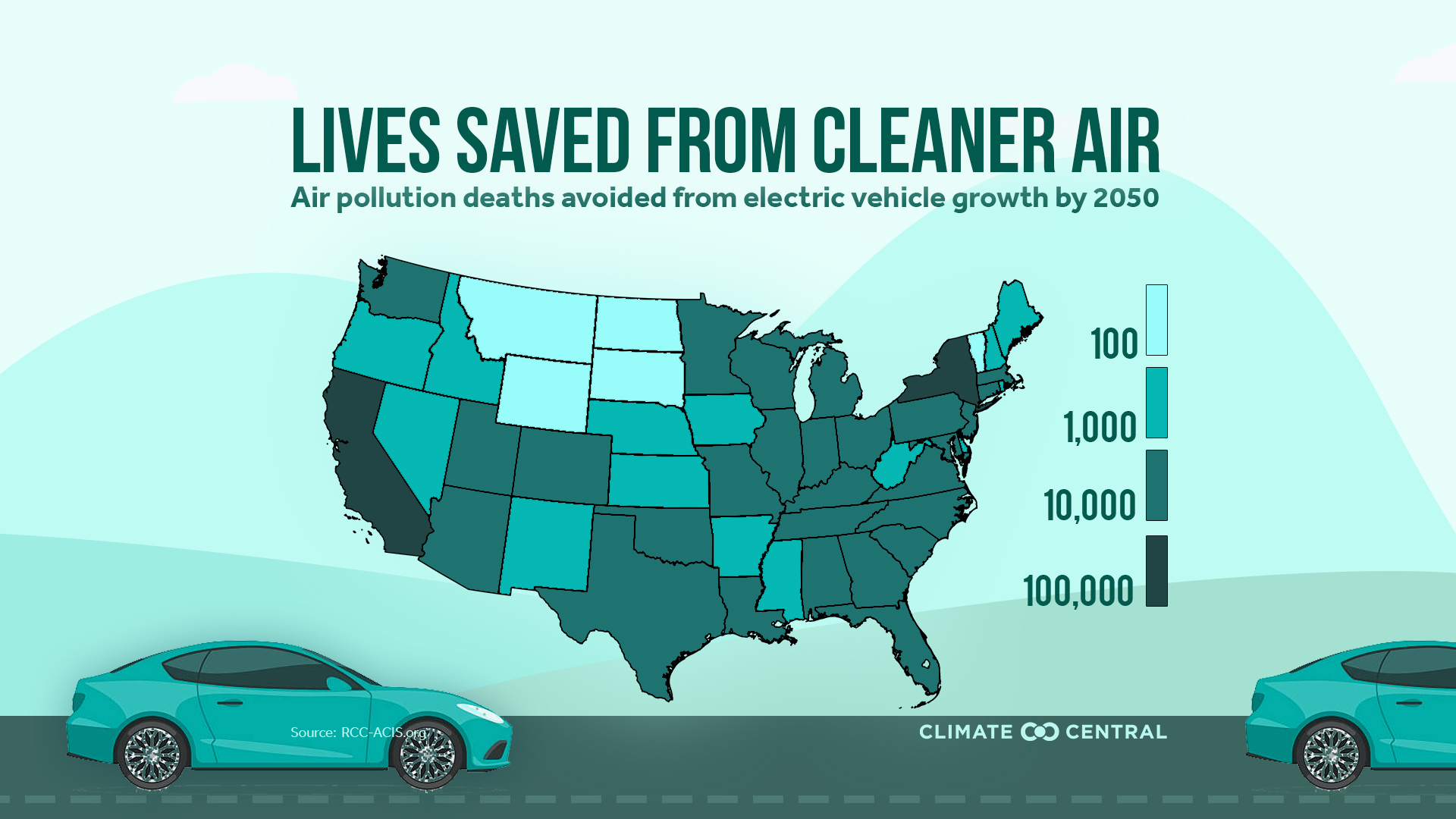Driving has become an integral part of our daily lives, but the hidden costs of this convenience are staggering. As I delved into the world of car pollution, I uncovered eye-opening facts that shed light on the environmental impact of our vehicles. From the alarming levels of greenhouse gases emitted to the surprising contribution of cars to air pollution, the truth is both startling and urgent.
In this article, I’ll reveal shocking car pollution facts that everyone should be aware of. Understanding the magnitude of this issue is crucial in making informed decisions about transportation and its effects on our planet. Stay tuned to discover the sobering reality behind our daily commute and the steps we can take to drive towards a cleaner, greener future.
Shocking Car Pollution Facts Everyone Should Know
The Global Impact of Car Emissions
Driving cars significantly contributes to the global emission of harmful pollutants. It’s estimated that over a billion vehicles are currently in use worldwide, emitting around 1.2 billion tons of carbon dioxide each year. This massive amount of greenhouse gases accelerates climate change, leading to rising global temperatures, extreme weather events, and detrimental impacts on ecosystems.
Health Hazards from Vehicle Pollution
Car emissions pose severe health risks to individuals exposed to polluted air. Studies show that air pollution from vehicles is linked to respiratory diseases, cardiovascular issues, and even premature death. In urban areas, where traffic congestion is high, the concentration of harmful pollutants like nitrogen oxides and particulate matter can reach alarming levels, affecting the well-being of residents, especially children and the elderly.
The Environmental Cost of Fuel Production
The process of producing fuel for vehicles exacts a heavy toll on the environment. Extracting crude oil, refining it into gasoline or diesel, and transporting the final products consume vast amounts of energy and resources. Additionally, oil spills, deforestation for drilling sites, and water contamination are common environmental consequences of fuel production. It’s essential to consider the entire lifecycle of fuel when evaluating the environmental impact of cars on our planet.
How Car Pollution Affects Urban Life
Air Quality in Cities
Urban areas bear the brunt of car pollution, with high concentrations of harmful emissions impacting air quality significantly. Pollutants like nitrogen oxides and particulate matter from vehicle exhausts contribute to smog, creating health risks for residents.
Impact on Vulnerable Populations
Vulnerable populations, such as children, the elderly, and individuals with respiratory conditions, are especially susceptible to the detrimental effects of car pollution. Their health is put at risk due to increased exposure to toxic pollutants, leading to higher rates of respiratory illnesses and exacerbation of existing conditions.
Sustainable Solutions to Reduce Car Pollution
As I explore sustainability solutions to curb car pollution, I find that advancements in Electric Vehicle (EV) technology are paving the way for a cleaner future. With EVs producing zero tailpipe emissions, they offer a promising alternative to traditional combustion engine vehicles. Transitioning to EVs can significantly reduce carbon dioxide and other harmful emissions released into the atmosphere, contributing to a healthier environment for all.
Advancements in Electric Vehicle Technology
In my research, I’ve discovered remarkable advancements in Electric Vehicle (EV) technology that are revolutionizing the automotive industry. EVs are powered by rechargeable batteries, eliminating the need for fossil fuels and reducing greenhouse gas emissions. The development of fast-charging stations and enhanced battery technology has extended the driving range of EVs, making them a practical choice for daily commuting and long-distance travel. Furthermore, automakers are introducing sleek designs and innovative features in EV models, appealing to a broader market and encouraging more consumers to adopt sustainable transportation options.
Importance of Public Transportation and Carpooling
Reflecting on the importance of public transportation and carpooling, I realize that these shared mobility solutions play a crucial role in reducing car pollution. By choosing public transportation over individual vehicles, commuters can collectively decrease traffic congestion and emissions. Carpooling also presents a sustainable option for travel, allowing multiple passengers to share a ride and minimize the environmental impact per person. Encouraging the use of public transportation systems and implementing carpooling initiatives can lead to significant reductions in greenhouse gas emissions, promoting a cleaner and greener urban environment.
Conclusion
After delving into the realm of car pollution, it’s evident that our vehicles play a significant role in environmental degradation and public health risks. The eye-opening facts presented shed light on the urgency to address the impact of car emissions on our planet and well-being. Understanding the full scope of pollution from cars, including the lifecycle of fuel production, is crucial in making informed decisions for a sustainable future. Embracing solutions like Electric Vehicles and promoting shared mobility options are pivotal steps towards reducing harmful emissions and creating cleaner urban spaces. By taking proactive measures and advocating for eco-friendly transportation alternatives, we can pave the way for a healthier and greener tomorrow.
Frequently Asked Questions
What is considered one of the hidden costs of driving?
Driving comes with hidden costs, notably car pollution. This contributes significantly to greenhouse gas emissions, impacting the environment and climate.
How does car pollution affect health?
Car pollution poses health risks by causing respiratory and cardiovascular issues, particularly in densely populated urban areas with high traffic congestion.
What is the environmental impact of fuel production?
The environmental effects of fuel production are vast, encompassing processes like crude oil extraction, refining, and transportation, which all take a toll on the environment.
What are sustainable solutions to reduce car pollution?
Advancements in Electric Vehicle (EV) technology offer cleaner alternatives to traditional combustion engine vehicles, reducing harmful emissions.
Why is public transportation crucial in reducing car pollution?
Public transportation and carpooling play key roles in decreasing traffic congestion and emissions, promoting a cleaner and greener urban environment.

